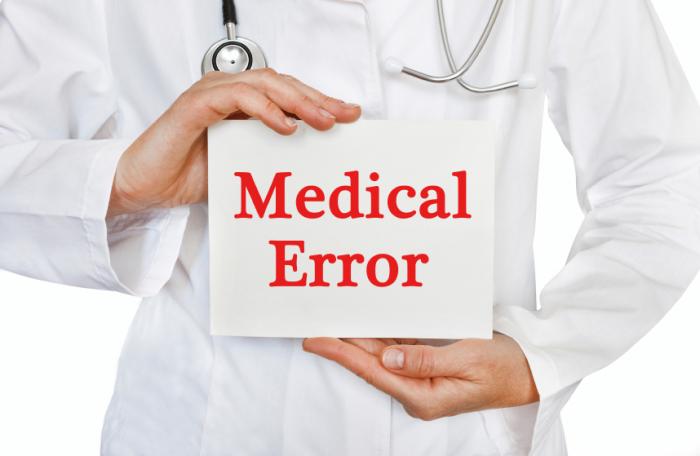Table of Contents
- What Is Medical Malpractice?
- Common Types of Medical Malpractice
- Signs You May Be a Victim
- Steps to Take If You Suspect Malpractice
- Gathering Evidence
- Preventative Measures
What Is Medical Malpractice?
When a medical practitioner administers treatment to a patient that departs from the recognized “standard of care,” It is regarded as medical negligence and has the potential to be fatal. This deviation may be due to diagnosis, treatment, aftercare, or health management errors. Such incidents often leave patients and their families facing unnecessary suffering and hardship. In some unfortunate cases, families might need to file a wrongful death claim Tampa FL if the malpractice leads to the death of a loved one. Understanding what constitutes malpractice is crucial for patients to advocate for their rights effectively.
Typical Medical Malpractice Types
Medical carelessness can take many different forms, but some of the more prevalent ones are as follows:
- Surgical Errors: These errors can occur during an operation, causing complications that range from minor to life-threatening. Some examples are performing the incorrect operation, leaving surgical equipment inside the patient, or operating on the incorrect body area.
- Misdiagnosis or Delayed Diagnosis: Misdiagnosis occurs when a medical professional incorrectly diagnoses a condition. Conversely, a delayed diagnosis occurs when the correct diagnosis is made but takes a long time. Both can have severe consequences, including improper treatment or worsening the condition.
- Medication Errors: These errors can involve prescribing the wrong medication, incorrect dosage, or failing to recognize harmful drug interactions. Medication errors can lead to adverse reactions, lack of treatment efficacy, and even death.
- Anesthesia Mistakes: Anesthesia errors can occur during surgery, such as administering anesthetic in excess or enough, neglecting to monitor the patient properly, and not identifying contraindications. These mistakes can be hazardous, sometimes resulting in permanent injury or death.
Signs You May Be a Victim
The first step in dealing with medical misconduct is identifying its warning symptoms. Symptoms that persist despite treatment, unexpected complications, or a worsened condition could indicate malpractice. Misdiagnosis affects about 12 million adults in the U.S. every year, underscoring the prevalence and seriousness of this issue. Patients should be vigilant and proactive in questioning their healthcare providers whenever they feel something may have gone wrong.
Steps to Take If You Suspect Malpractice
It’s critical to take immediate, decisive action if you believe you are a victim of medical malpractice. Here are the steps you should take:
- Get a second opinion from a different healthcare provider: This can help confirm whether malpractice has occurred and provide an alternative treatment plan. A second opinion can also be critical evidence if you decide to pursue legal action.
- Request copies of all documents and medical records: Detailed documentation is essential for building a solid case. Medical records can provide critical insights into what went wrong and where the standard of care was unmet.
- Speak with a lawyer experienced in medical malpractice cases: Legal professionals with experience in malpractice cases may guide you through the complicated legal system and provide helpful advice. Additionally, they can put you in touch with medical specialists who can assess your situation and offer testimony.
Gathering Evidence
Collecting comprehensive evidence is critical to building a solid case. This might include medical records, expert testimonies, and documented communications with healthcare providers. Evidence gathering should begin as soon as you suspect malpractice to ensure the most accurate and detailed information is obtained. National Institutes of Health highlights the significance of thorough documentation in these cases, noting that detailed records can make or break a malpractice case. Keep a journal detailing your symptoms, treatments, and any communications related to your care.
Preventative Measures
To reduce the possibility of suffering from medical malpractice, always seek second opinions, stay informed about your treatment, and maintain open communication with your healthcare providers. Ask questions and note any inconsistencies in your care, as early intervention can often prevent mishaps. A thorough log of all doctor visits, tests, and treatments can also be highly beneficial. Being proactive and informed can significantly reduce the risk of medical errors and ensure you receive the best care.

